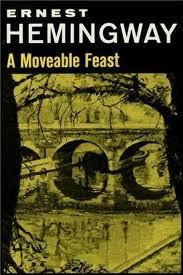The Spirit of Abrahamic Pluralism
The spirit of Abrahamic Pluralism is a spirit of restless non-conformity: it is a difficult place in which to situate oneself religiously and intellectually and from which to fashion a life-project. But for those of us who find ourselves so made--individuals like that arch-pluralist and aspirant hedgehog Shaykh Tolstoy--there is no real alternative. We will simply never make good sectarians. As the sociologist of religion Peter L. Berger phrased it so elegantly, "the sect is the social form par excellence for huddling" (Berger, The Heretical Imperative, 85). "Huddling" simply isn't in the Abrahamic Pluralist's repertoire. We content ourselves with our citizenship in the invisible world republic of humanistic letters and find solace among the few of those few who are humanists in the expansive and utopian sense of an Alfarabi or an Erasmus and not just the narrow sense of someone who is competent with texts.
We are itinerants of the mind and spirit, if not always of the body. We are the wanderers and strangers of the Gospel of Thomas and Prophetic hadith. We are the ibn-as-sabillah of the Qur'an, and the wandering scholars of medieval Europe. And, occasionally, we are even troubadours.







